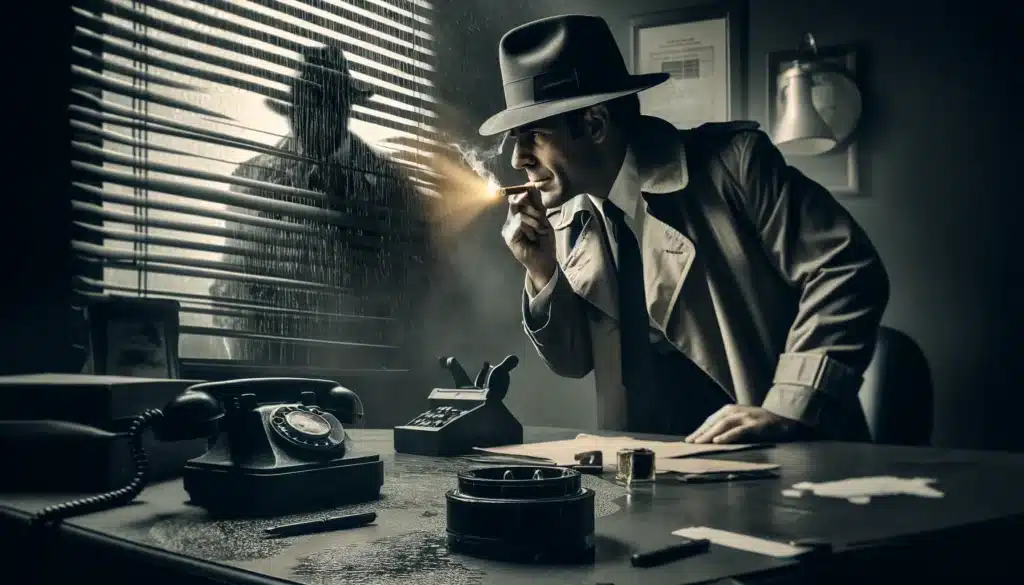Suspecting Infidelity: How to Handle Doubts About Your Spouse’s Fidelity
Recognizing the Signs of a Potential Affair
Common Behavioral Changes that May Indicate Infidelity and signs of cheating. Infidelity is often shrouded in secrecy, but certain patterns can emerge. Being aware of the signs of cheating can help you determine if your suspicions might have merit. Being aware of these signs can help you determine if your suspicions might have merit:
Changes in Communication Patterns and Signs of Cheating: A sudden need for privacy, especially around their digital devices. This could include new passwords, taking calls in private, or a noticeable increase in texting.
- Emotional Distance: Your spouse may seem emotionally unavailable, or they may start avoiding discussions about future plans.
- Physical Discrepancies: Unexplained stains, unfamiliar perfume or cologne, or changes in personal grooming could be signs.
- Behavioral Shifts: Look for changes in daily routines that don’t add up, such as leaving for work unusually early or coming home late without a plausible reason.
- Financial Secrecy: Unexplained withdrawals or expenses can indicate money being spent on another relationship.
While these indicators can suggest infidelity, they can also be signs of other issues such as personal stress or changes at work. Still, persistent signs of cheating—like secretive texting or sudden emotional distance—shouldn’t be ignored. Recognizing patterns early can help you act with clarity. It’s essential to approach the situation with an open mind and avoid jumping to conclusions.
Managing Your Emotions
Coping with the Stress of Suspicion
The strain of suspecting infidelity can be overwhelming. Managing this stress effectively is crucial:
- Maintain Normalcy: Keep up with your regular routine and activities. This helps provide a sense of stability amidst turmoil.
- Support System: Confide in trusted friends or family who can offer support and perspective. It’s important to choose people who will respect your privacy and provide balanced advice.
- Emotional Expression: Whether it’s through journaling, art, or music, find a way to express your feelings. This can be a cathartic way to handle emotional stress.
Hiring a Private Investigator to Confirm Signs of Cheating
If you’re grappling with ongoing doubts about your spouse’s fidelity and the signs are persistently troubling, it may be time to consider bringing in a professional. A private investigator (PI) can offer invaluable assistance under these circumstances.
Why Hire a Private Investigator?
- Discretion and Legality: Private investigators are trained to handle sensitive situations discreetly. They understand the legalities involved in surveillance and information gathering, ensuring that all evidence is collected without violating privacy laws or ethical boundaries.
- Professional Surveillance: PIs have access to tools and techniques that laypersons do not, such as advanced surveillance technology and access to certain databases. They can follow a subject more effectively and with a lower chance of detection, gathering information on whereabouts, company kept, and activities engaged in.
- Experience and Insight: Experienced investigators can spot signs of deceit or infidelity that may not be obvious to the untrained eye. Their expertise allows them to piece together seemingly unrelated information to form a more complete picture of the subject’s behaviors and interactions.
- Objective Reporting: One of the key benefits of hiring a PI is their objectivity. They provide factual, unbiased reports that can help you make informed decisions. This is crucial when emotions are high, as it’s easy to misinterpret information or let feelings cloud judgment.
What to Expect from an Investigation
- Initial Consultation: Most private investigators will offer a consultation to discuss your case confidentially. This is your opportunity to share your suspicions and any evidence you have already gathered.
- Investigation Plan: Based on the initial consultation, the PI will propose a tailored investigation plan. This may include physical surveillance, digital monitoring, and other legal methods of gathering evidence.
- Ongoing Updates: Depending on the agreement, your investigator may provide periodic updates on their findings. Some cases might also require real-time decisions about pursuing certain leads.
- Final Report: At the end of the investigation, the PI will provide a detailed report of their findings, including photographs, videos, and a summary of observed behaviors. This report can be crucial if legal action or divorce proceedings follow.

Documenting Everything
While a private investigator can provide comprehensive surveillance and evidence gathering, your observations are also crucial. Documenting everything serves multiple purposes:
- Personal Record: Keeping a detailed log of suspicious activities can help you track patterns or changes in behavior over time. This can be useful both for personal reference and for briefing a private investigator.
- Legal Evidence: In the event that your suspicions lead to legal actions such as divorce, having a well-documented log of events and times can serve as evidence in court proceedings.
- Emotional Clarity: Sometimes, writing things down can help you process your feelings and assess the situation more objectively. It can provide a clearer picture and may help in decision-making processes.
How to Document Suspicious Activities
- Keep a Journal: Use a secure digital note-taking app or a physical journal to record dates, times, descriptions of suspicious activities, and your feelings about them.
- Evidence Collection: If you come across physical evidence like receipts, notes, or items that are out of the ordinary, keep them in a safe place.
- Corroborate with Technology: If applicable, use technology smartly and ethically. Screenshots of text messages or emails can be taken if they are visible on shared devices or accounts.
By combining professional investigation with personal documentation, you can approach a situation of suspected infidelity with a comprehensive evidence base, allowing for informed decisions while maintaining privacy and legal integrity.

Approaching Your Spouse
How to Discuss Your Concerns Thoughtfully
If you decide to confront your spouse, the way you approach the conversation can significantly impact the outcome:
- Plan Your Conversation: Think about what you want to say beforehand. Write down key points you wish to cover to stay focused during the discussion.
- Choose a Neutral Setting: Have the conversation in a quiet, private place where you can talk without interruptions.
- Be Direct but Calm: Use factual statements and express how the behavior affects you. Avoid accusations which can lead to defensive responses.
Seeking Professional Guidance
When to Consult a Counselor or Therapist
Whether you decide to stay in the relationship or part ways, professional advice can be invaluable:
- Couples Therapy: Can help both partners explore the root causes of infidelity and communicate in a safe environment.
- Individual Counseling: Provides a space to process your feelings and decide how to move forward.
Preparing for All Outcomes
Planning for the Future
It’s essential to prepare for various outcomes, whether the evidence points to infidelity or not:
- Reconciliation: If both parties are willing to mend the relationship, discuss what changes are necessary, such as therapy, transparency in actions, and a recommitment to the relationship.
- Separation: If reconciliation isn’t possible, consider practical aspects such as living arrangements, financial separation, and if applicable, co-parenting.
CONCLUSION
Facing suspicions of infidelity is a profound challenge that can disrupt your emotional peace and life balance. By taking measured steps to confirm your suspicions and seeking support from trusted friends, professionals, or a private investigator, you can approach this difficult situation with the clarity and support necessary to make informed decisions. If you’ve noticed multiple signs of cheating, trust your instincts. Prioritizing your well-being and seeking truth with dignity is paramount.
…being aware of the signs of cheating can help you…
